TikTok might be the internet’s favorite playground for dance challenges and beauty hacks—but when it comes to nutrition advice? Let’s just say it’s not exactly a certified dietitian’s dream.
From dry scooping to lettuce water, the platform is overflowing with “wellness tips” that range from questionable to downright dangerous. Some of these trends are just silly. Others could actually mess with your health.
So before you down a shot of olive oil, swear off dinner after 7 p.m., or tape your mouth shut in the name of better sleep, take a pause. We’ve sifted through the viral noise to bring you TikTok nutrition trends that are total nonsense—complete with expert-backed reasons why you should scroll right past them.
1. Dry Scooping Pre-Workout Powder
Dry scooping pre-workout powder is a TikTok trend where individuals consume pre-workout supplements without water. This practice is believed to provide an energy boost more quickly. However, it poses significant health risks.
The powder can cause choking and lead to heart palpitations due to the concentrated caffeine and stimulant content. Furthermore, ingesting these supplements without water can disrupt digestion, leading to nausea or stomach cramps.
It’s essential to dilute pre-workout supplements in water as intended to ensure they are safe and effective for consumption.
2. Drinking Chlorophyll Water
Drinking chlorophyll water is touted as a way to promote weight loss and improve skin health.
Influencers claim that this green-hued drink detoxifies the body and boosts overall wellness. Despite these assertions, scientific evidence supporting these benefits is sparse.
Consuming chlorophyll in water form may not provide the same benefits as eating green vegetables, where chlorophyll naturally occurs. Moreover, excessive intake could lead to gastrointestinal distress. A balanced diet rich in a variety of vegetables is a better strategy for achieving wellness and skin health goals.
3. Colon Cleansing with Chia Seed Water
TikTok promotes chia seed water as a method for colon cleansing and detoxifying the body. This trend suggests that chia seeds absorb toxins and aid in digestion. In reality, this practice lacks scientific endorsement and may cause digestive discomfort.
As chia seeds expand in water, they can lead to bloating and gastrointestinal issues if not consumed carefully. Rather than relying on such trends, maintaining a healthy diet with adequate fiber from fruits, vegetables, and whole grains is more effective for colon health.
4. Replacing Vegetables with Powdered Greens
Replacing fresh vegetables with powdered greens is a misguided trend.
TikTok users claim these powders offer the same nutritional benefits in a more convenient form. However, powdered greens cannot replicate the full spectrum of nutrients found in whole vegetables, such as fiber and certain phytonutrients.
Relying solely on powders may lead to nutritional deficiencies over time. Whole vegetables provide essential nutrients and are also more satisfying to eat, supporting overall health better than any supplement could.
5. Avoiding Eating After 7 p.m.
The idea of avoiding food after 7 p.m. as a weight loss strategy is popular on TikTok. Adherents believe it helps in reducing weight gain. However, this notion is unfounded, as it is the total daily calorie intake that matters more than meal timing.
Metabolic rate doesn’t significantly change based on when you eat. Restrictive eating windows can also lead to unhealthy eating habits, such as binge eating.
Focusing on balanced meals throughout the day, rather than rigid schedules, is a healthier approach.
6. Consuming a Gallon of Water Daily
Drinking a gallon of water daily is a trend that implies consistent hydration leads to optimal health. While staying hydrated is crucial, this practice can result in overhydration or hyponatremia, where sodium levels in the blood become dangerously low.
Individual water needs vary based on factors like age, activity level, and climate. Overconsumption of water can lead to symptoms like headache, nausea, and confusion.
It’s best to listen to your body’s thirst signals and consult with a healthcare professional to understand your hydration needs.
7. Believing All Dairy Causes Inflammation
A trend on TikTok suggests that all dairy products cause inflammation, affecting overall health. However, research shows conflicting results, with some studies indicating that dairy might have anti-inflammatory properties, especially fermented products like yogurt.
Cutting out dairy without reason can lead to nutritional gaps, such as calcium and vitamin D deficiencies. It’s crucial to consider individual tolerance and health goals when deciding on dairy consumption.
Consulting with a healthcare provider can help determine what’s best for you rather than following blanket trends.
8. Taking Shots of Olive Oil
Taking shots of olive oil is claimed to promote heart health and provide a quick energy boost.
However, consuming olive oil in large quantities may cause digestive upset and contribute to excessive calorie intake. While olive oil is a healthy fat, it’s meant to be consumed in moderation as part of a balanced diet.
Incorporating olive oil into meals, such as salads and cooked dishes, is a more beneficial way to enjoy its health benefits without adverse effects.
9. Mouth Taping for Better Sleep
Mouth taping is a trend aimed at improving sleep quality by forcing nasal breathing. TikTok advocates claim it reduces snoring and enhances rest. However, this practice can be dangerous, especially for those with sleep apnea or respiratory issues.
Taping the mouth can cause discomfort, anxiety, and potential health risks. Seeking advice from a medical professional or sleep specialist is a safer approach to improving sleep quality.
10. Drinking Lettuce Water for Sleep
Drinking lettuce water for sleep is hailed as a natural remedy for insomnia. While lettuce contains lactucarium, which has sedative properties, the concentration in lettuce water is negligible. There’s no substantial evidence supporting its efficacy as a sleep aid.
Alternative options like chamomile tea are better supported by research for promoting relaxation and sleep. For those struggling with sleep, building healthy sleep habits and consulting a healthcare provider are recommended over relying on unproven online trends.
11. Frozen Honey as a Snack
Frozen honey has emerged as a TikTok snack trend, where users indulge in spoonfuls of this sugary treat. Although appealing in its simplicity, consuming large amounts of frozen honey can lead to digestive issues and high sugar intake.
Honey is naturally high in fructose, which can cause stomach discomfort in large quantities. Additionally, it offers little nutritional value apart from calories.
Moderation is key when enjoying honey, and pairing it with nutrient-dense foods like yogurt or fruit can enhance its benefits.
12. Nature’s Cereal
Nature’s Cereal is a trend involving a mix of fresh fruits and coconut water as a breakfast or snack. While this combination is nutritious, providing vitamins, antioxidants, and hydration, it’s not the miracle health hack some claim it to be.
The benefits are similar to any fruit-based meal; it’s healthy but not revolutionary. Overhyping such trends can lead to unrealistic health expectations.
13. Sea Moss Smoothies
Sea moss smoothies are touted on TikTok for their potential health benefits, claiming to boost immunity and provide essential nutrients. While sea moss does contain vitamins and minerals, the claims about curing ailments are exaggerated. More research is needed to substantiate these benefits fully.
Consuming sea moss in moderation is generally safe, but relying on it as a cure-all can be misleading. Incorporating a variety of nutrient-rich foods into your diet is a more reliable way to achieve health goals than depending on single ingredients.
14. Berberine for Weight Loss
Berberine supplements are gaining popularity on TikTok as a weight loss aid, but these claims lack substantial scientific support. While berberine may have metabolic benefits, its effects on weight loss are not well-documented.
Potential side effects include digestive issues and interactions with medications. It’s crucial to approach supplements with caution and seek professional medical advice.
Sustainable weight loss is best achieved through balanced nutrition, regular physical activity, and healthy lifestyle changes rather than relying on unverified supplements.
15. Parasite Cleanses
Parasite cleanses claim to rid the body of harmful parasites. These cleanses often involve herbal remedies and extreme diets. However, for most individuals, these cleanses are unnecessary and can be harmful.
The human body is capable of handling parasites without such interventions. Extreme cleanses can lead to dehydration, nutrient deficiencies, and digestive issues.
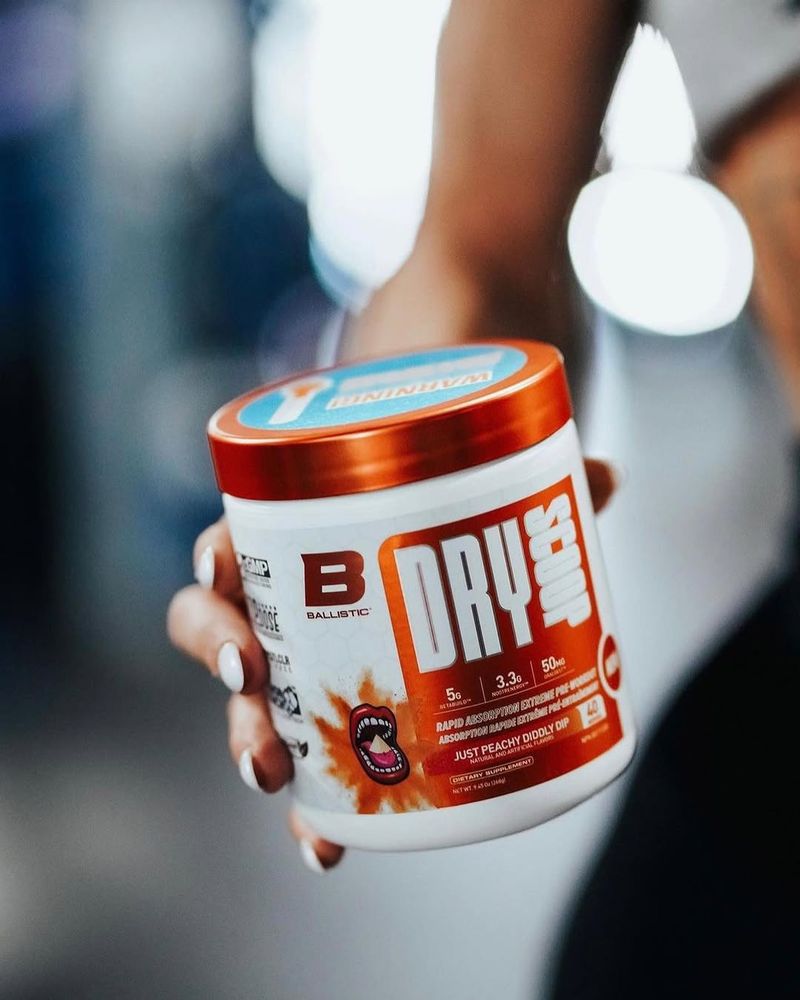
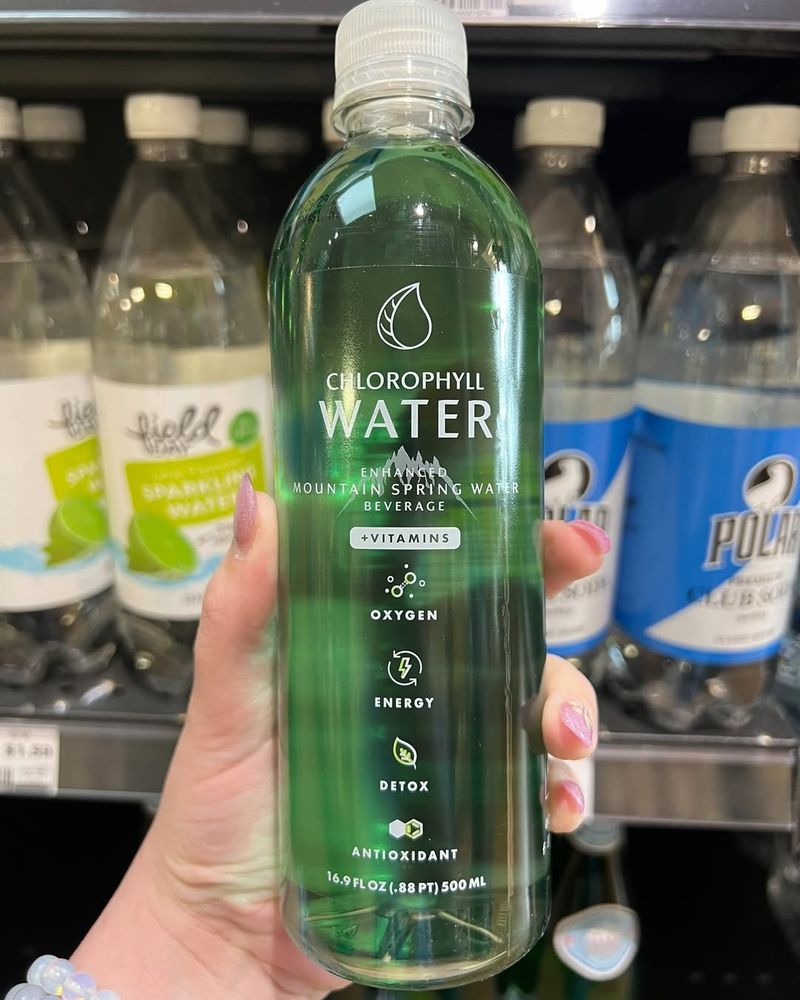
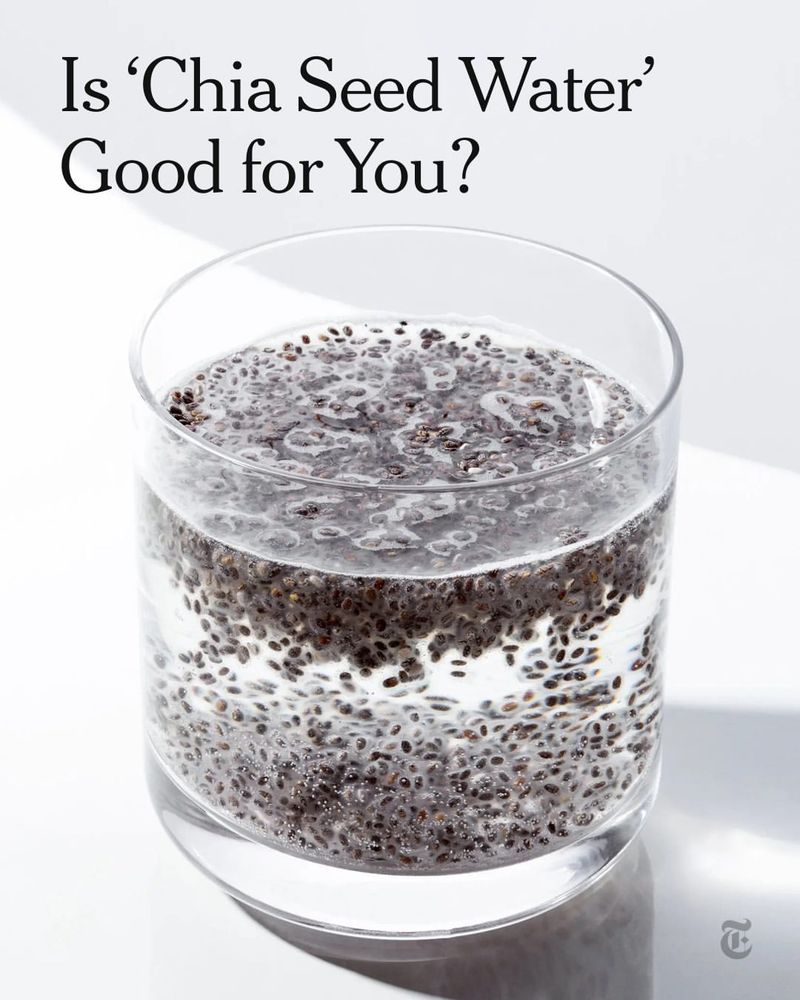
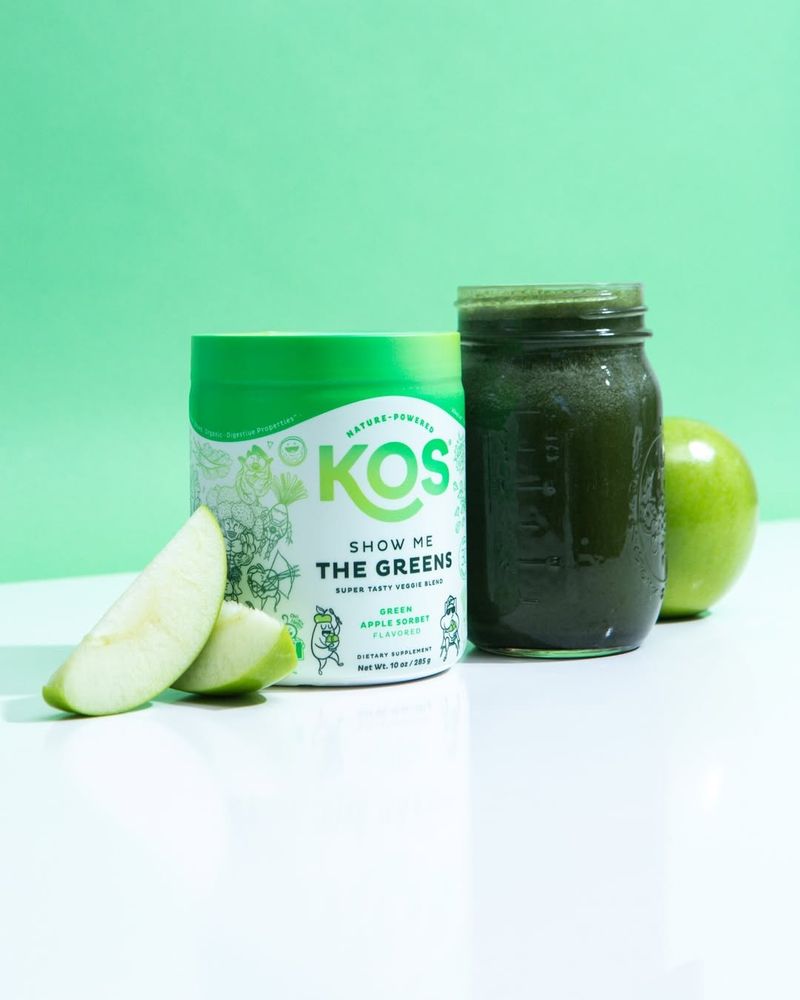

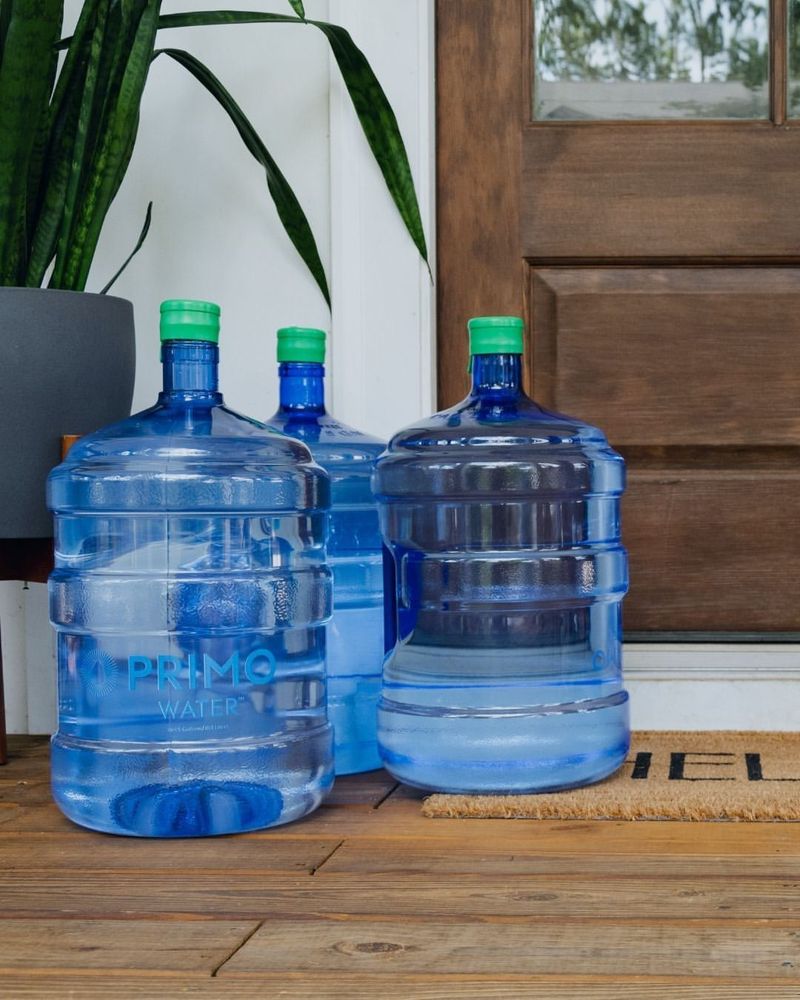

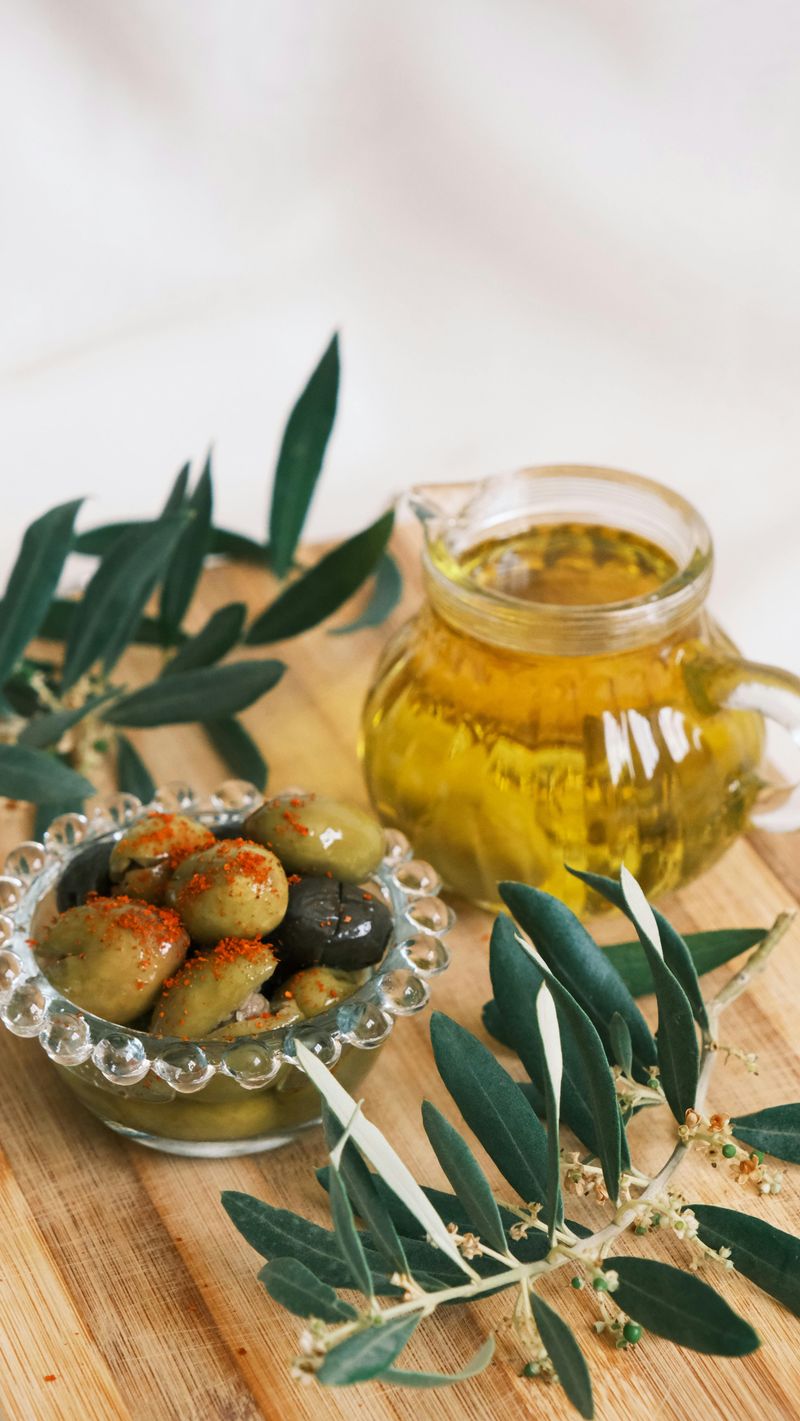
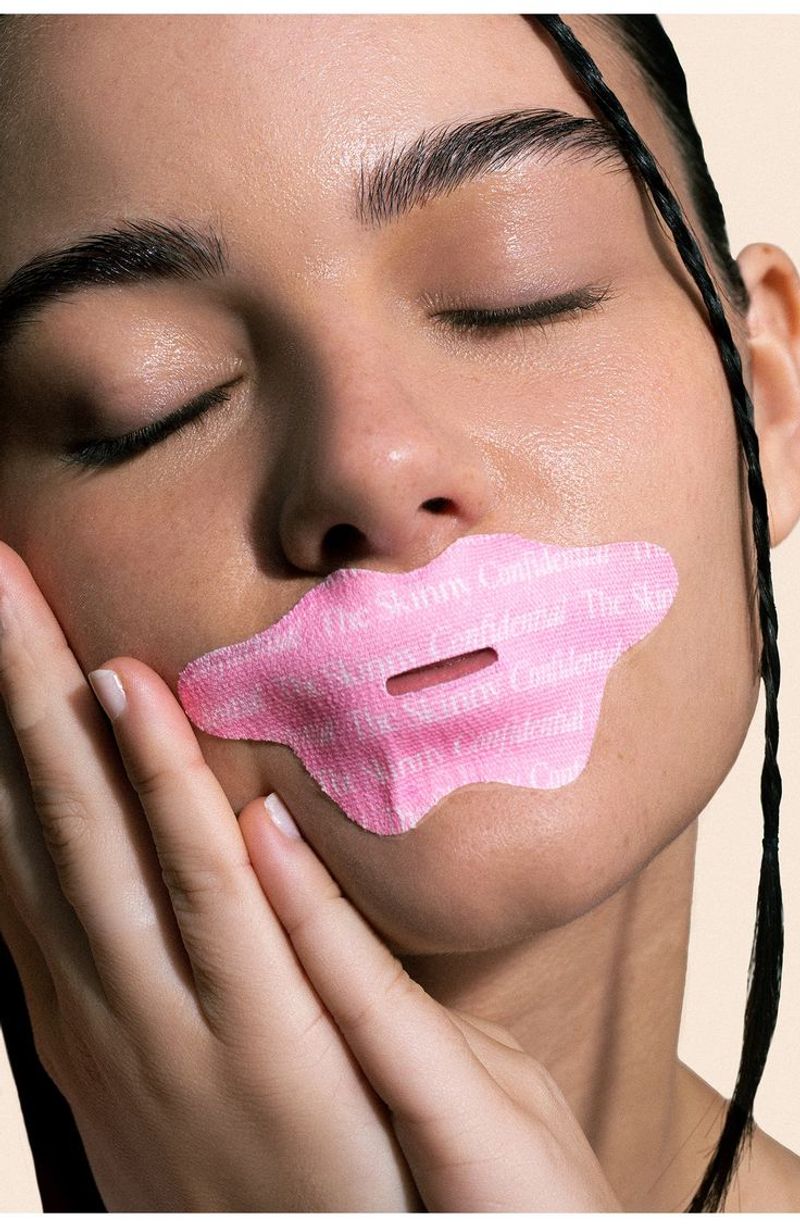
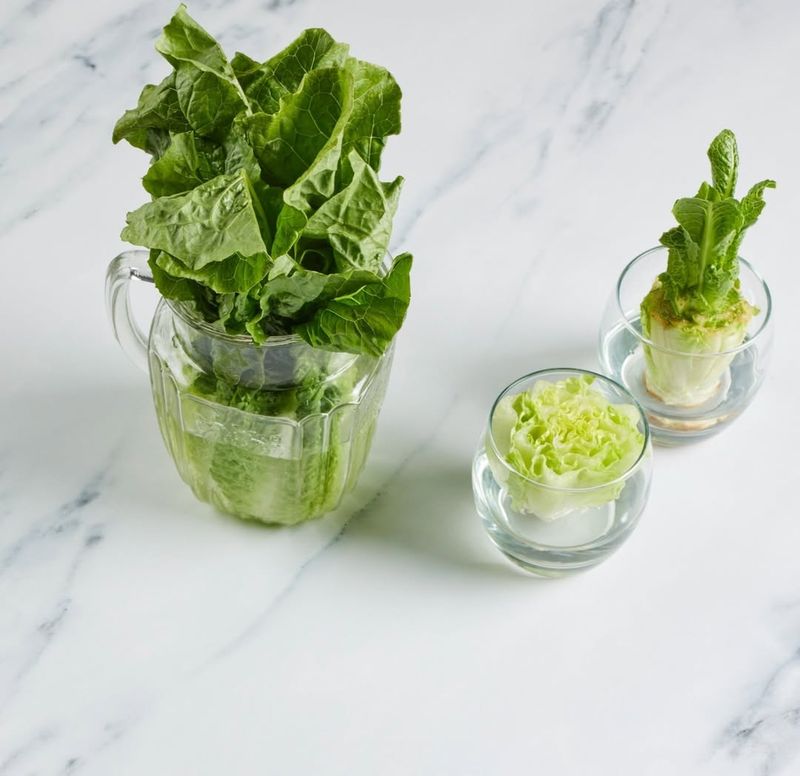
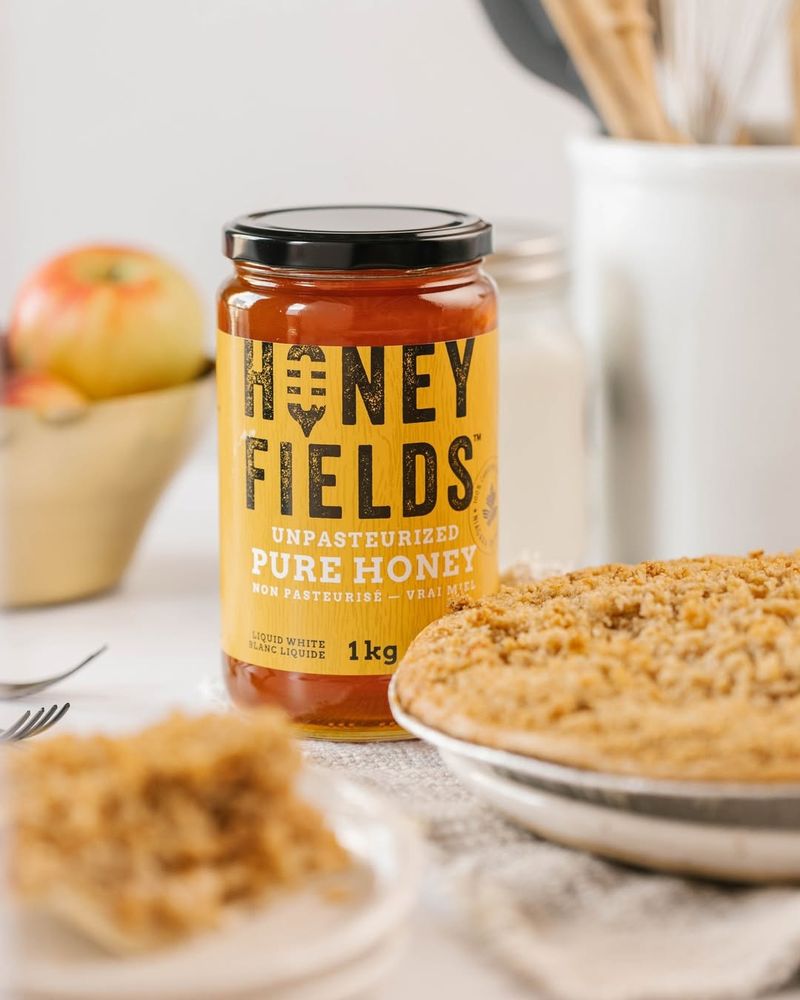
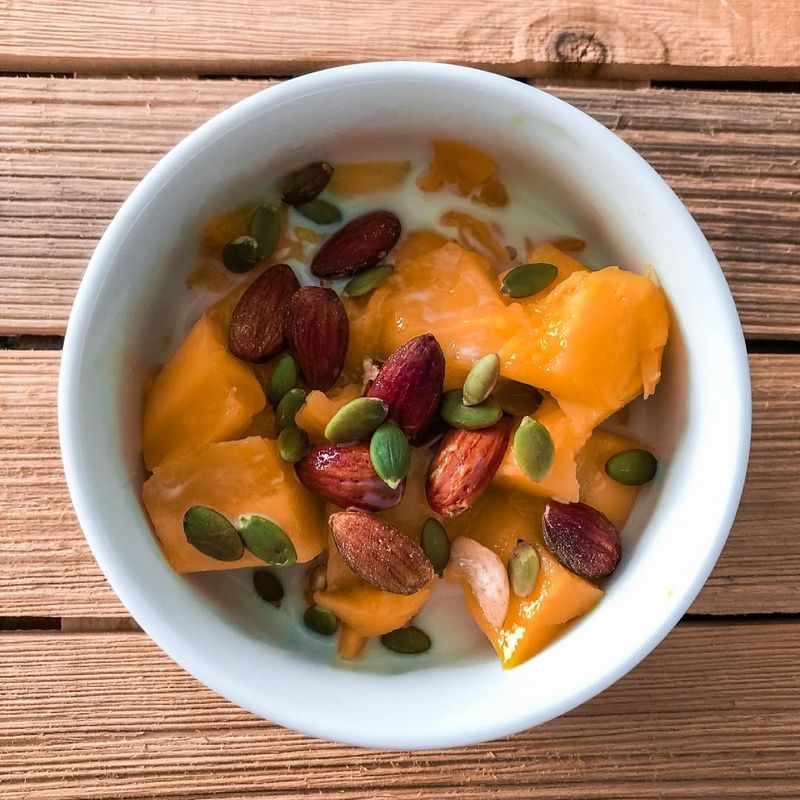
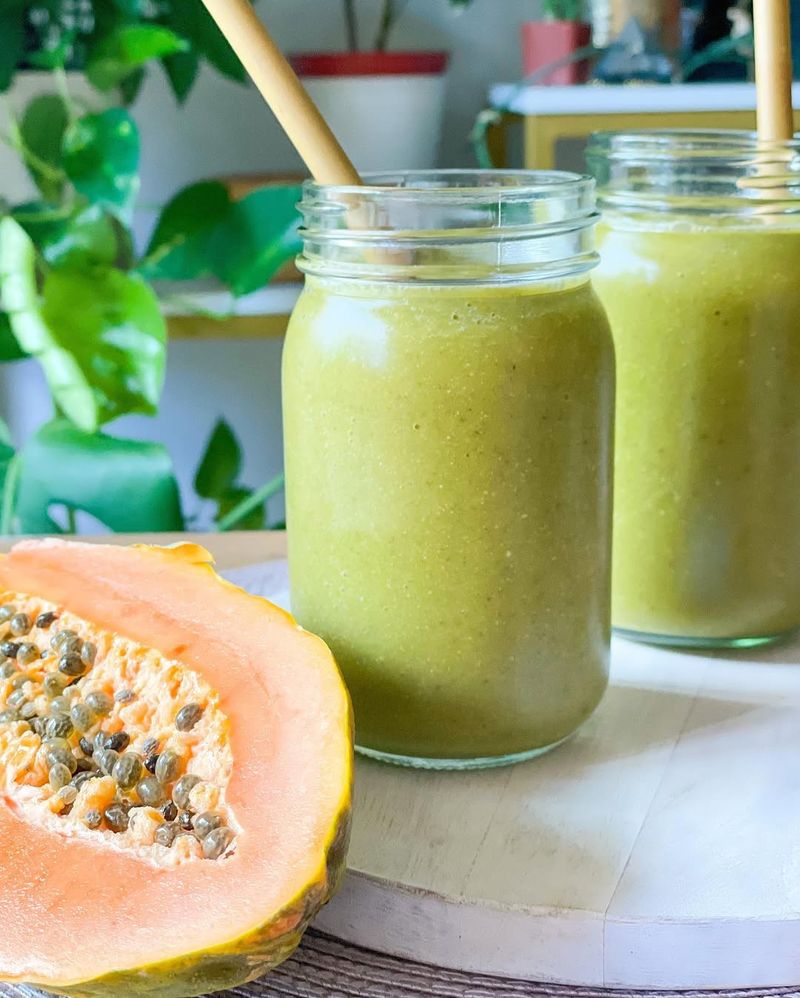
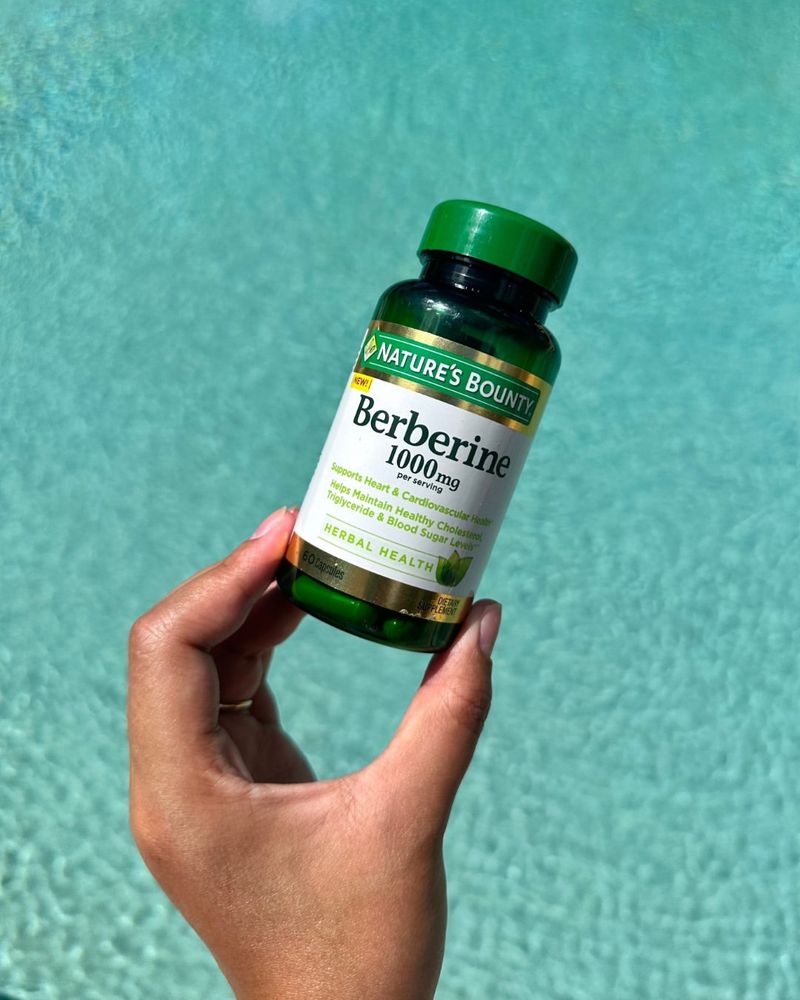
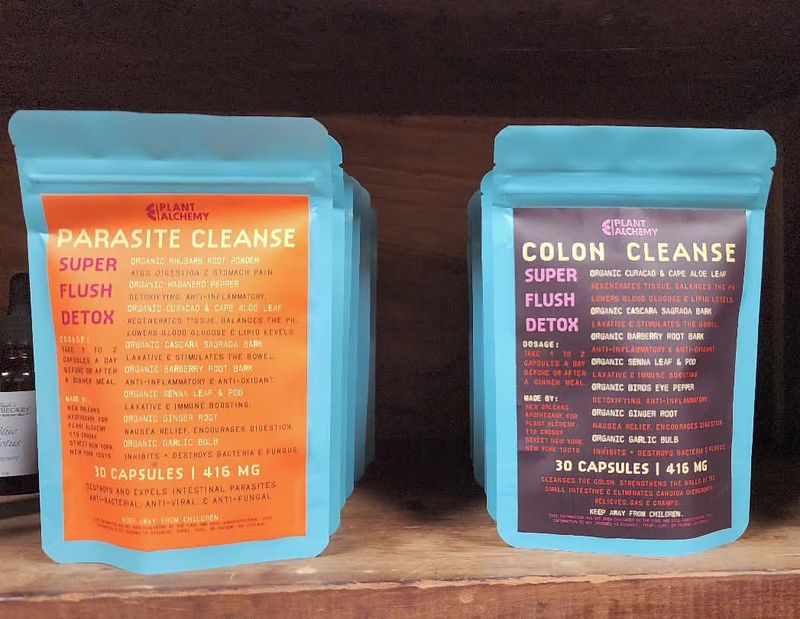
Leave a comment